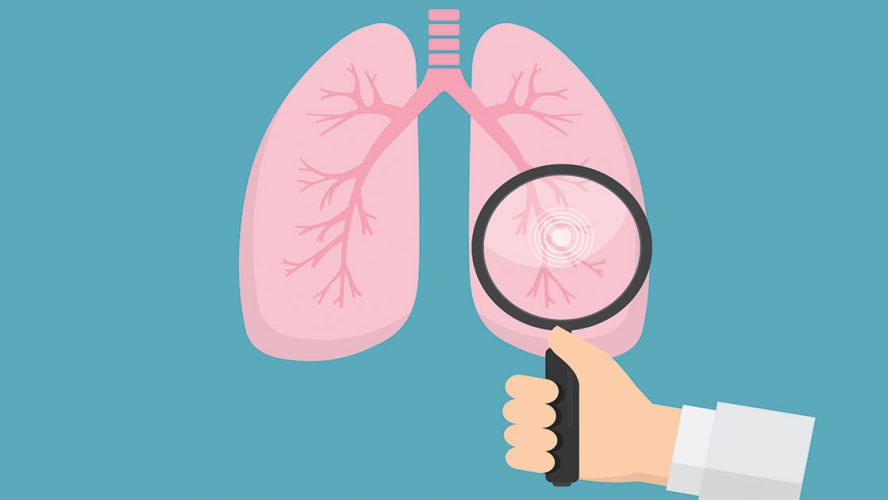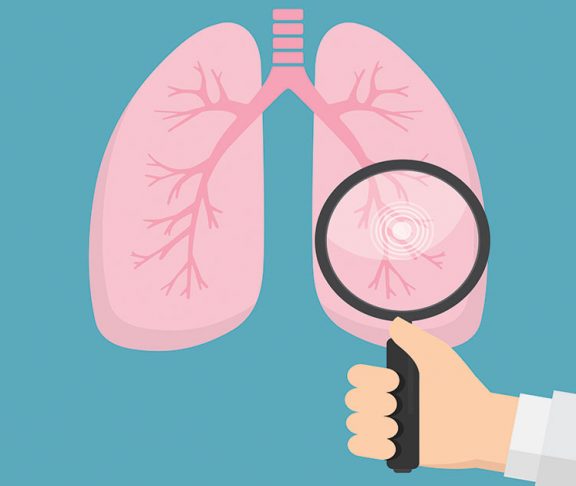Not all lung cancers are the same. This is the fundamental challenge in developing treatments for the disease.
How we fight back
Lung cancer is a group of diseases distinguished by the lung cell type and molecular changes, which promote cancer growth. Each tumor is as distinct and unique as a snowflake. Once limited to chemotherapy, radiation and surgery, some people with lung cancer now have hope with the development of three novel classes of medicines that can be tailored to the LC tumor, providing personalized, or precision, medicine.
First are medicines designed to starve a tumor, denying them access to nutrients needed to grow. Second are targeted therapies designed to address specific molecular changes that drive cancer growth and spread. Finally, the latest exciting advance — immunotherapies — help a person’s immune system recognize and attack the cancer.
Mapping mutations
In order to help doctors personalize treatment plans and determine the best sequence or combination of these groundbreaking therapies for the individual, the cancer’s unique mutations need to be identified through molecular tests. Molecular testing is typically performed on tumor tissue. Now, liquid biopsy blood tests may be performed when tissue analysis is not possible.
Thousands of clinical trials are evaluating these and new therapies, procedures and tests to improve survival. People with lung cancer should ask their doctors if they are eligible for a clinical trial.
Slow to adopt
Despite these game-changing advances, the rate of death from the disease has barely changed. A recent study found that 3 out of 4 people — including patients, health care professionals, caregivers and the general public — have negative perceptions of people with lung cancer. Another study suggests that physicians may not be aware of the innovations and may not be referring or treating patients appropriately.
Of the leading four cancers, lung cancer receives the least federal cancer research dollars despite killing more people every year than colorectal, breast and prostate cancer combined.
We are on the precipice of reducing the number of deaths due to lung cancer. Patients must find a specialist to molecularly test the tumor and receive a personalized treatment plan or enrollment into a clinical trial appropriate for the patient. Only with increased funding for research and awareness can we make progress and eventually put an end to lung cancer as America’s leading cancer killer.

